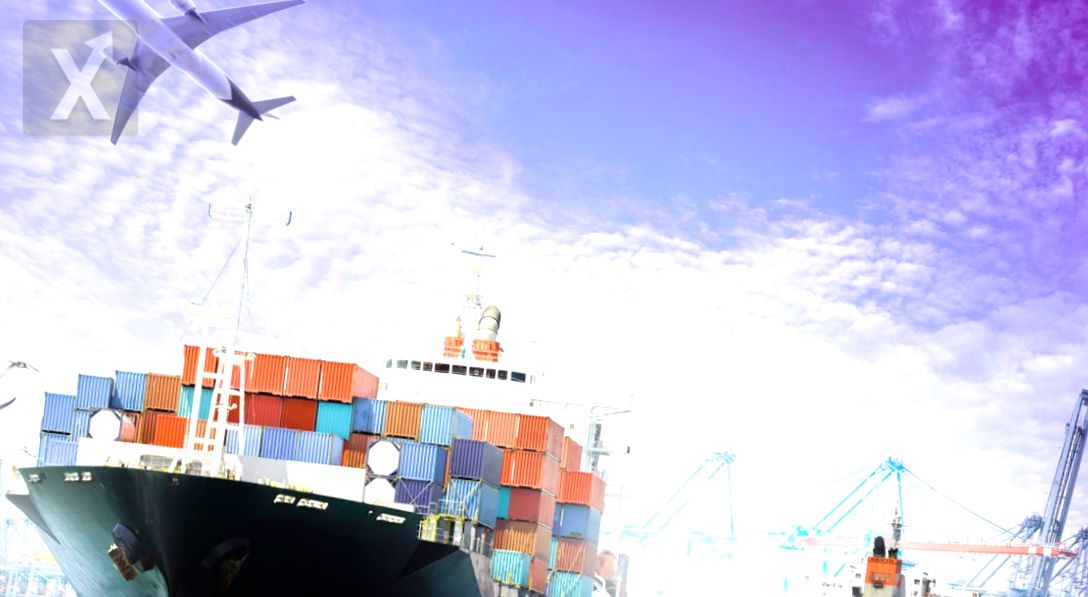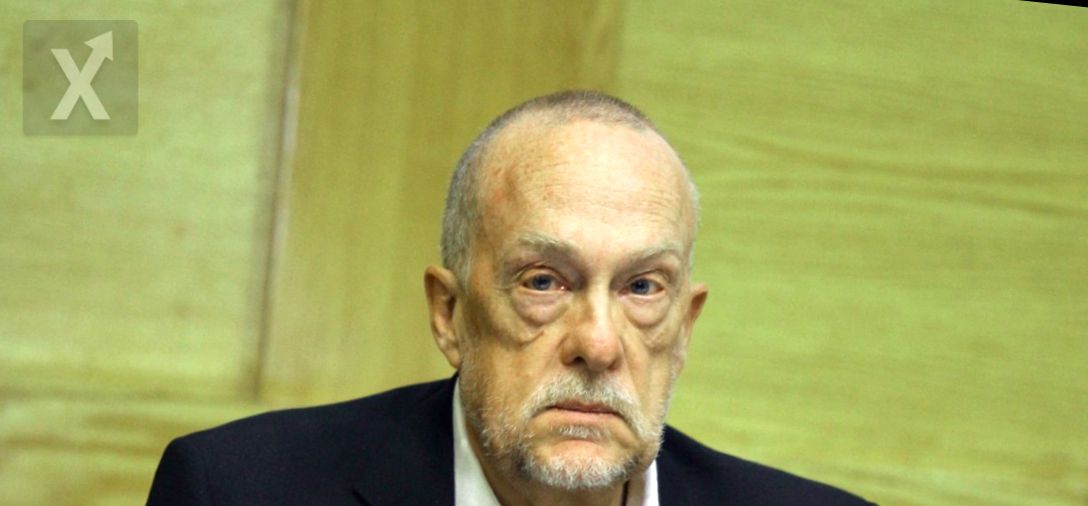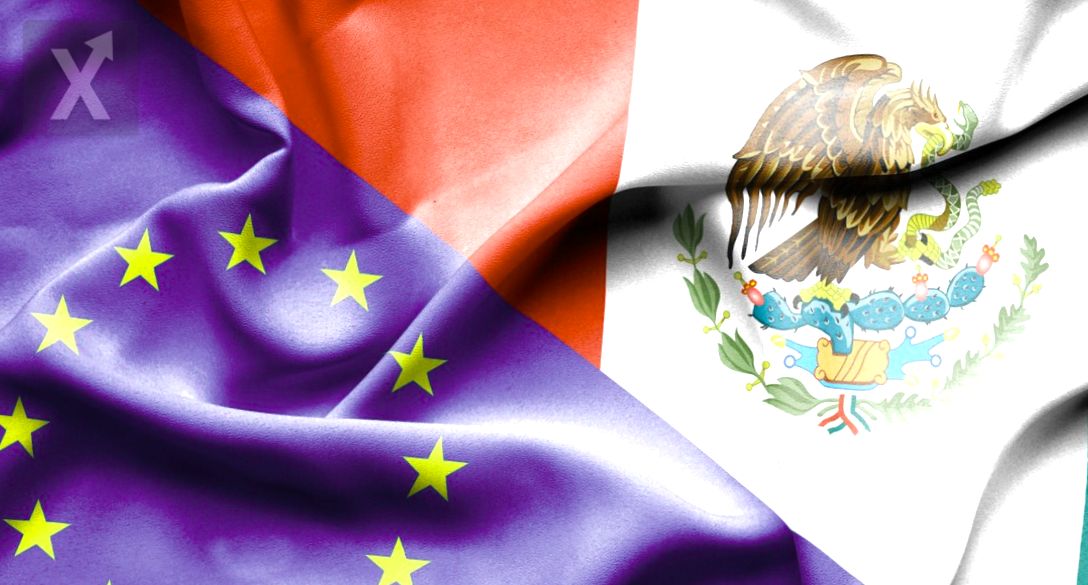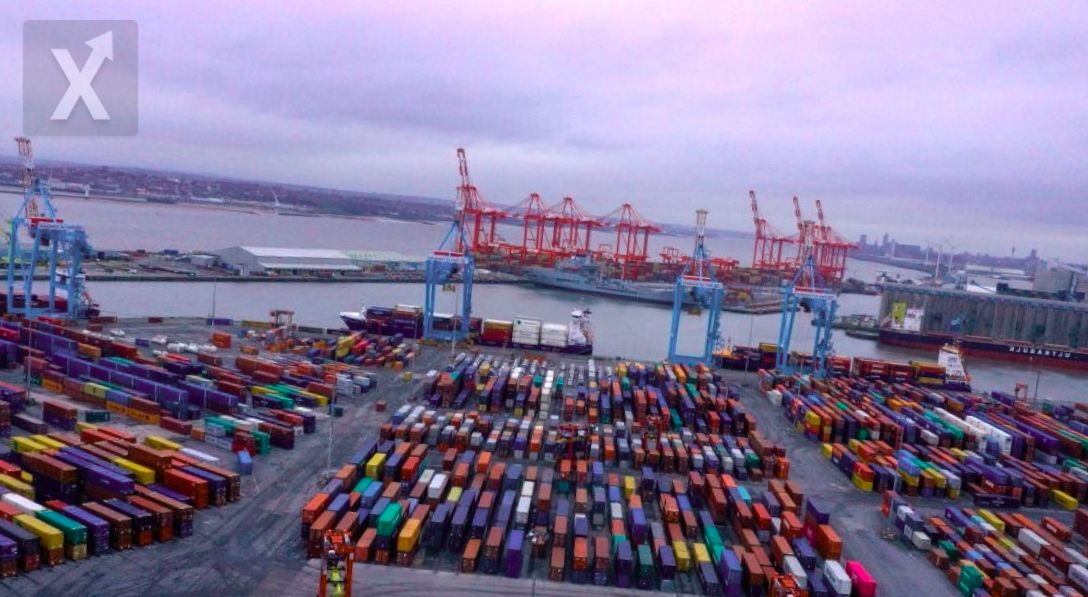Beyond the USMCA: The Trade Challenges Facing Ebrard

The review of the Treaty between Mexico, the United States, and Canada (USMCA), set to take place in 2026, is already drawing attention—and for good reason. About 86% of the value of Mexico's exports comes from trade with these countries. However, there are other trade agreements on the to-do list of the new Secretary of Economy, Marcelo Ebrard, that were sidelined during President Andrés Manuel López Obrador's administration. Experts emphasize the need for Mexico to maintain an active pace in international trade and diversify its exports. This can be achieved by modernizing the Free Trade Agreement between Mexico and the European Union (EU-MX FTA) and engaging in negotiations with South Korea, the United Kingdom, Brazil, and eventually, Ecuador.
Progress in Europe Ebrard is in charge of finalizing the modernization of the EU-MX FTA. This agreement went into effect in 2000, and its update was discussed in 2020, but has yet to be realized. Juan Carlos Baker, former Undersecretary of Foreign Trade, mentions that what remains is for EU countries to sign the modernization, followed by ratification in the Mexican Senate and the European Parliament. “That still hasn’t happened and it has become a prolonged process,” says Baker, who is also an academic at Universidad Panamericana. In 2023, Mexico's exports to the European Union reached $26.677 billion, representing 4.5% of the total, according to Banxico. Modernization is key to improving access to markets for agro-industrial products such as honey, bananas, and pork or beef, as well as including services like digital trade and telecommunications. Mónica Lugo Aranda, who was a negotiator for the USMCA, hopes the new administration will take up this matter, as ratification has been delayed due to conflicts in the energy sector with companies like Iberdrola. Opportunities with South Korea In 2022, the Ministry of Economy, under the leadership of Tatiana Clouthier, announced that negotiations for a free trade agreement with South Korea would resume, following a failed attempt during Felipe Calderón's administration in 2007. Ana Gutiérrez, from the Mexican Institute for Competitiveness (IMCO), emphasizes the importance of an agreement with South Korea to strengthen exports to that country. Despite these intentions, no significant progress has been reported since the announcement. In 2023, Mexico's exports to South Korea totaled $3.764 billion, while imports reached $19.455 billion, resulting in a trade deficit. Lugo Aranda suggests that this agreement could benefit the agricultural sector, as South Korea does not have strong production in that area. Baker adds that this treaty is a priority in the context of nearshoring, especially to attract high-tech industries and advanced manufacturing.
Challenges with Brazil Clouthier also highlighted in 2022 the desire to reach a bilateral agreement with Brazil, but that agenda did not advance. Lugo Aranda mentions that a treaty with Brazil is complicated because the country is seen more as a competitor, especially in the automotive sector. Furthermore, budget cuts have impacted the Ministry of Economy in the area of trade negotiations. Gutiérrez indicates that Mexico has increased its purchases from Brazil in the last five years, so establishing a treaty could facilitate tariff processes, given that Mexico faces a significant trade deficit with Brazil, which ended up at $9.114 billion last year. The UK: An Important Partner Following Brexit, the United Kingdom sought to establish a treaty with Mexico, and in 2022, Clouthier and Anne-Marie Trevelyan agreed to formalize negotiations, although these have not progressed and are currently operating under a 2020 Continuity Trade Agreement. Baker clarifies that preferences are being given to the UK as if it were still part of the European Union, which requires adjustments. Mexico's sales to this country reached $2.912 billion in 2023, with imports being similar. Ecuador: Stalemates and Tensions Mexico decided not to include bananas and shrimp in the treaty it was negotiating with Ecuador, resulting in a stagnation of the agreement. López Obrador has stated that these sectors will be protected in Mexico. Additionally, the diplomatic relationship has become complicated following an incident with Ecuadorian authorities. “Not having that treaty doesn't represent a significant blow for Mexico; there are sectors where we are competitive, and Ecuador was not willing to negotiate,” says Mónica Lugo, while Gutiérrez does not entirely dismiss the agreement, though she considers it low priority. In 2023, Mexico's exports to Ecuador amounted to $595 million, with a trade surplus of $368 million.
It is crucial for the Mexican economy to diversify its trade relations and not rely solely on markets like the USMCA. The modernization of existing treaties and the pursuit of new partners like South Korea can open doors to valuable opportunities, especially in emerging sectors. The significant challenges are to advance these negotiations and adapt trade policies to a changing global landscape, where innovation and competitiveness are essential for sustainable growth in Mexico.




